Postman vs EchoAPI: The Best Choice for API Developers
In today's fast-paced software development environment, choosing the right API debugging tool is crucial. Postman and EchoAPI stand out in this field, each offering unique features and benefits. This comparison explores their strengths and weaknesses to help developers make an informed decision.
In the modern software development landscape, API debugging tools have become essential for developers. They streamline workflows and ensure the integrity and performance of APIs. Among the many tools available, two prominent names are Postman and EchoAPI.
What is EchoAPI?
EchoAPI is an all-in-one API development collaboration platform. It provides essential features such as API debugging, design, automated testing, load testing, and documentation generation. This tool is tailored for developers seeking a more efficient and integrated solution.
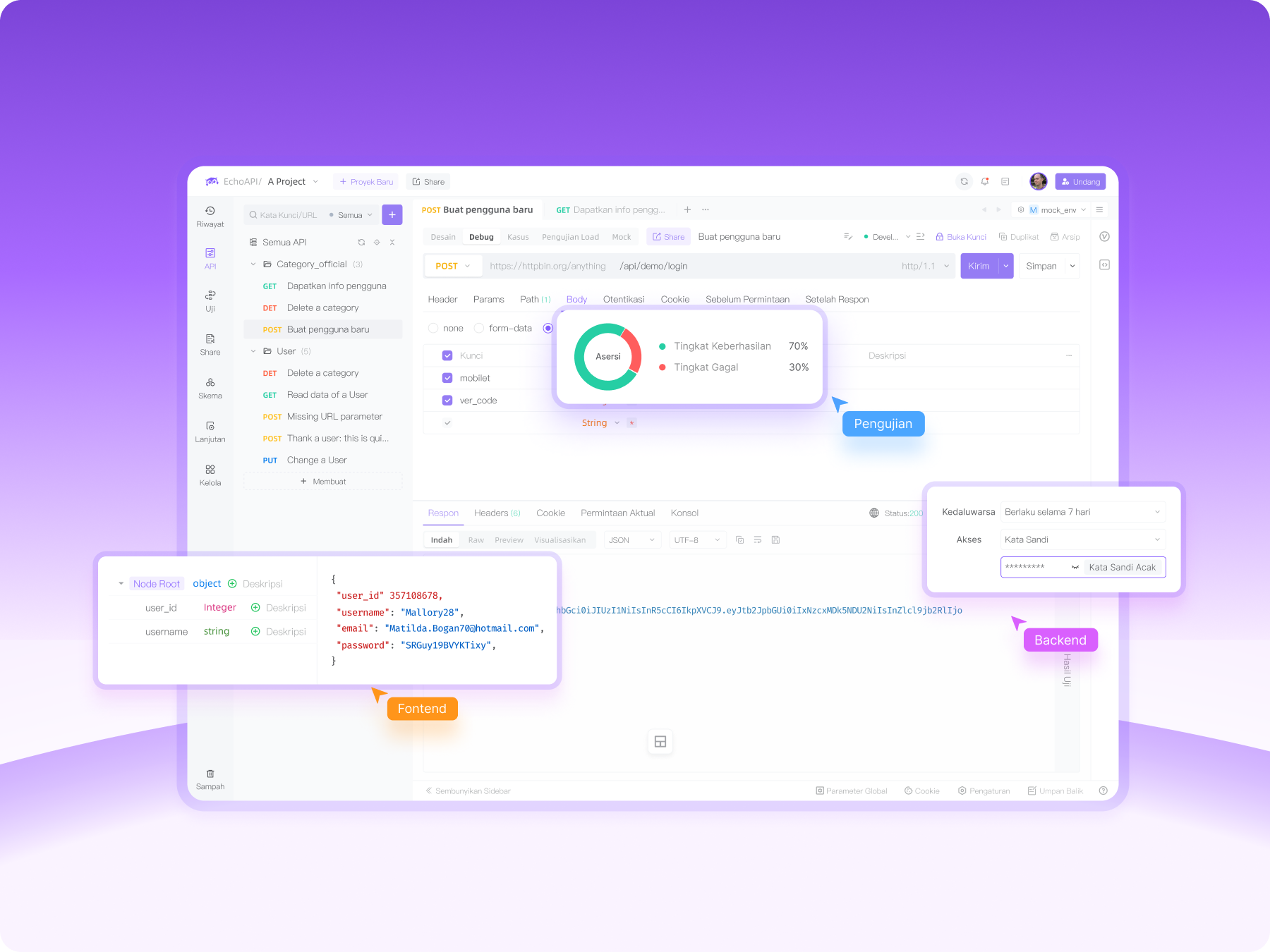
Features and Drawbacks of Postman
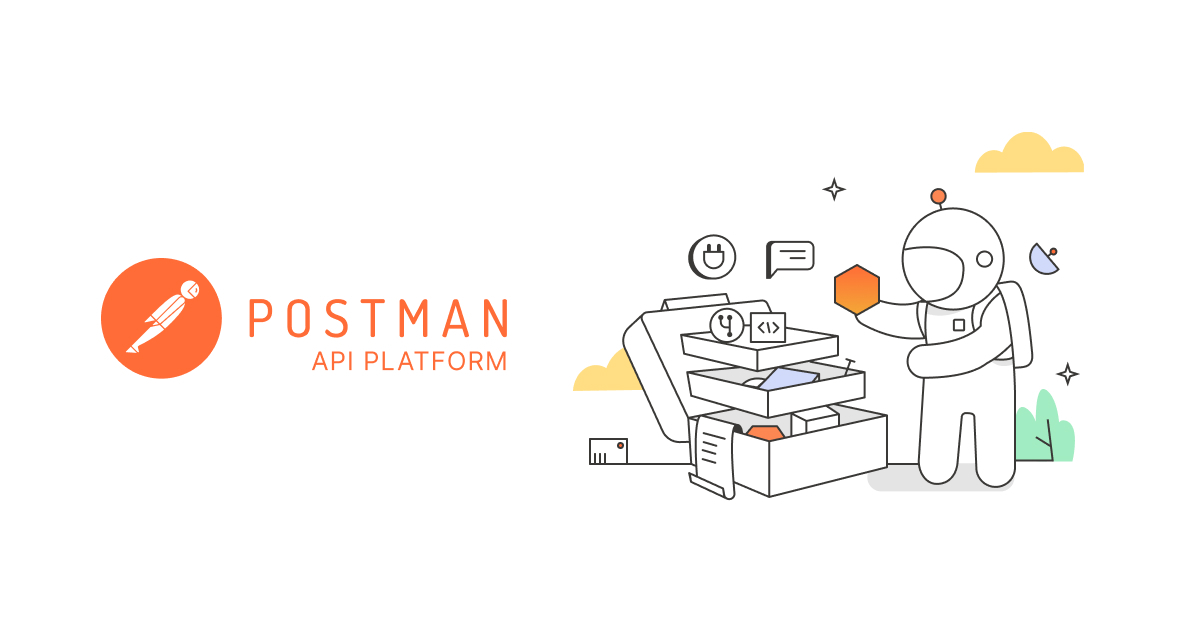
Postman is renowned for its primary features, including:
- API debugging
- Automated testing
- Workspace management
However, it does have some drawbacks:
- The interface is entirely in English, which can be a barrier for non-English users.
- It often experiences delays in operations during unstable internet connectivity.
- Users are required to be logged in continuously, which can be disruptive.

Features and Drawbacks of EchoAPI
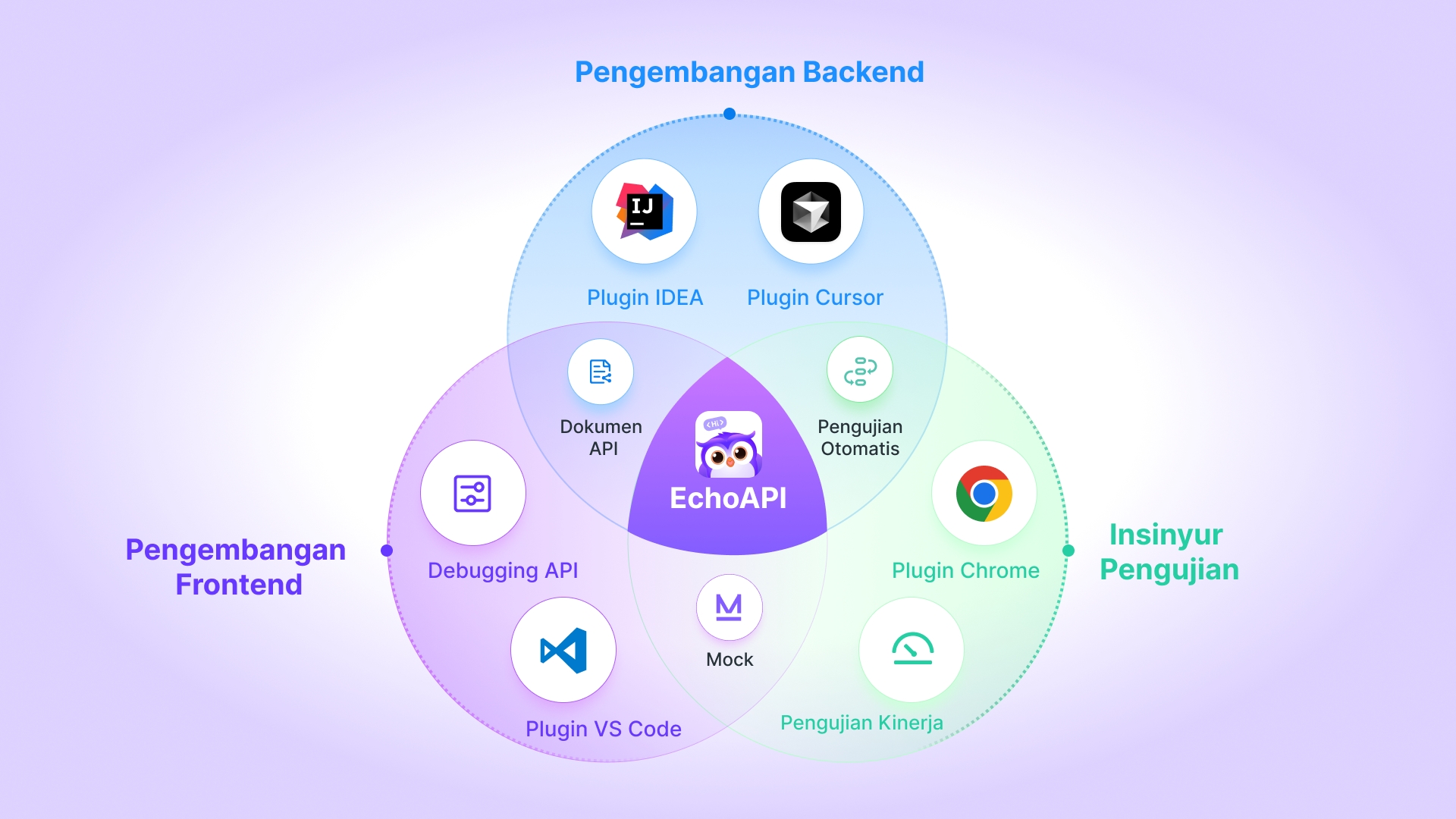
EchoAPI, on the other hand, offers:
- EchoAPI provides multiple language versions for developers, including Indonesian and Japanese, with a clear and user-friendly interface.
- No login required for usage.
- Full compatibility with Postman.
- API performance testing and automation.
- Rapid API documentation generation.
However, some drawbacks include:
- As a relatively new tool, Users may need time to comprehend and become acquainted with.
- Frequent updates might necessitate regular upgrades to ensure stability and access to the latest features.

Feature Comparison Table

| Feature | Postman | EchoAPI |
|---|---|---|
| API Debugging | ✔️ | ✔️ |
| Automated Testing | ✔️ | ✔️ |
| API Design | ✔️ | ✔️ |
| Load Testing | ❌ | ✔️ |
| Documentation Generation | ✔️ | ✔️ |
| Login Required | ✔️ | ❌ |
| Localized Interface | ❌ | ✔️ |
EchoAPI: A Powerful New Tool
Despite being a newcomer in the industry, EchoAPI's appeal lies in its robust features and strong multiplatform plugin support, making it a comprehensive and powerful tool for API development. Here are some of the key plugins offered by EchoAPI:
1. EchoAPI for VS Code
- Mini Lightweight: Allows coding without installation, keeping the system fast and responsive.
- Feature-Rich: From API debugging to documentation, it enhances productivity.
- Offline Support: Usable without internet access, supporting uninterrupted coding.
- Local Storage: Stores data securely on the local device.
- One-Click Sync: Simplifies configuration backups effortlessly.


2. EchoAPI for Cursor
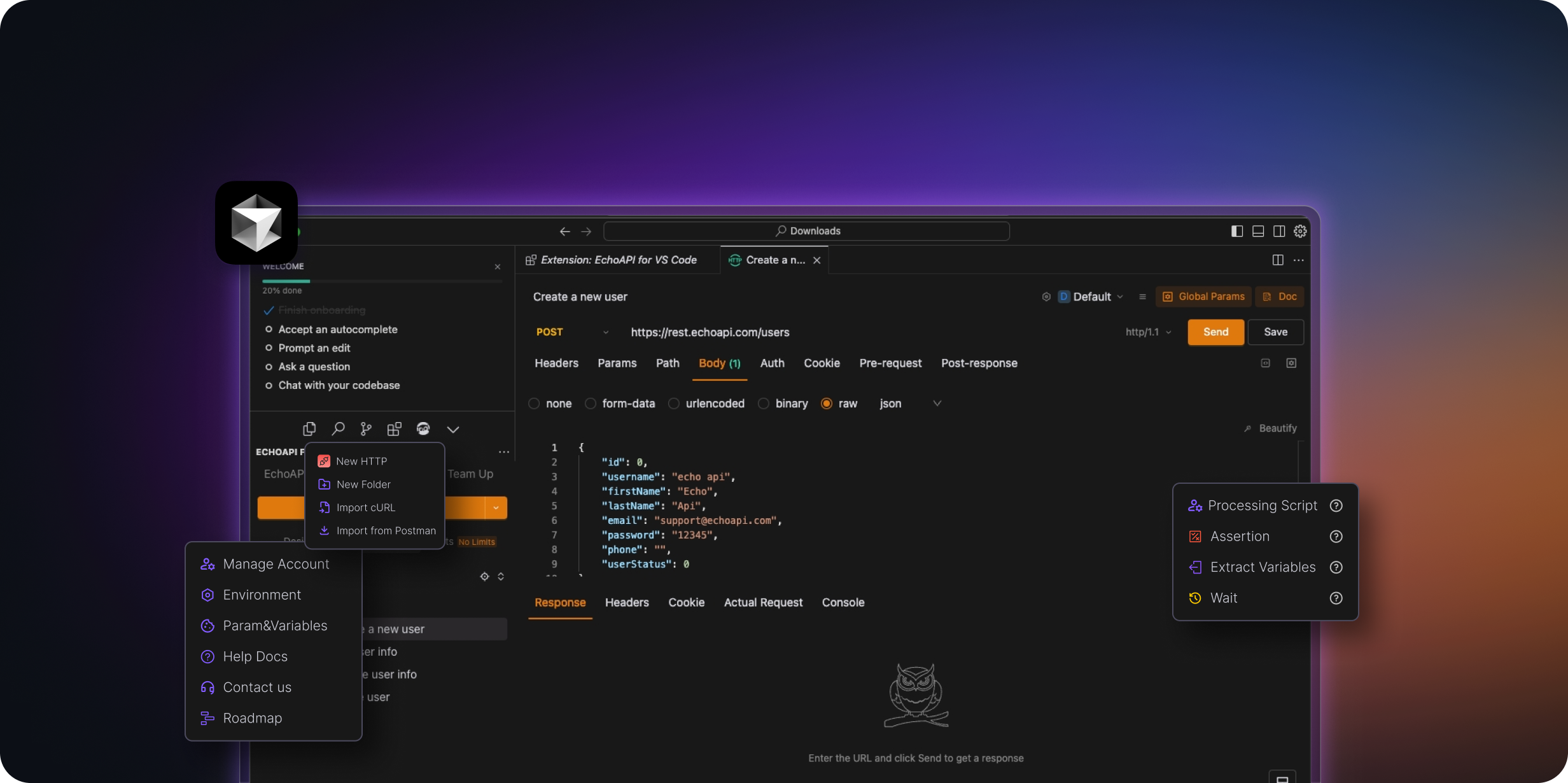
- Mini Lightweight: Supports quick coding without installation.
- Feature-Rich: A comprehensive tool from debugging to API documentation.
- Offline Support: Can be used anytime without login.
- Local Storage: Maintains privacy with locally stored data.
- One-Click Sync: Facilitates easy data backup with a single click.
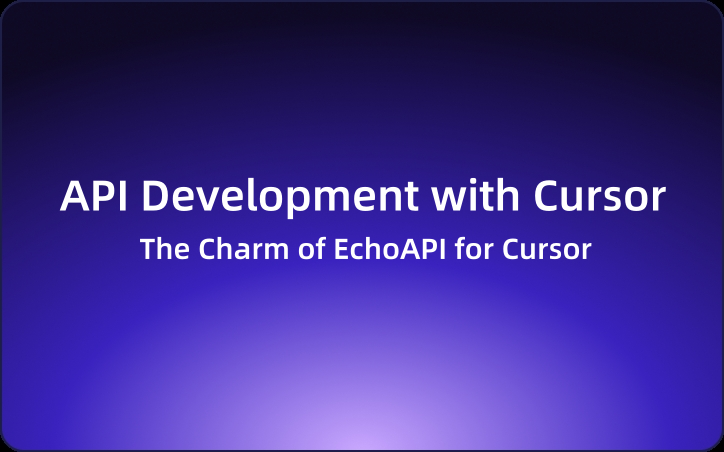
3. EchoAPI for IntelliJ IDEA
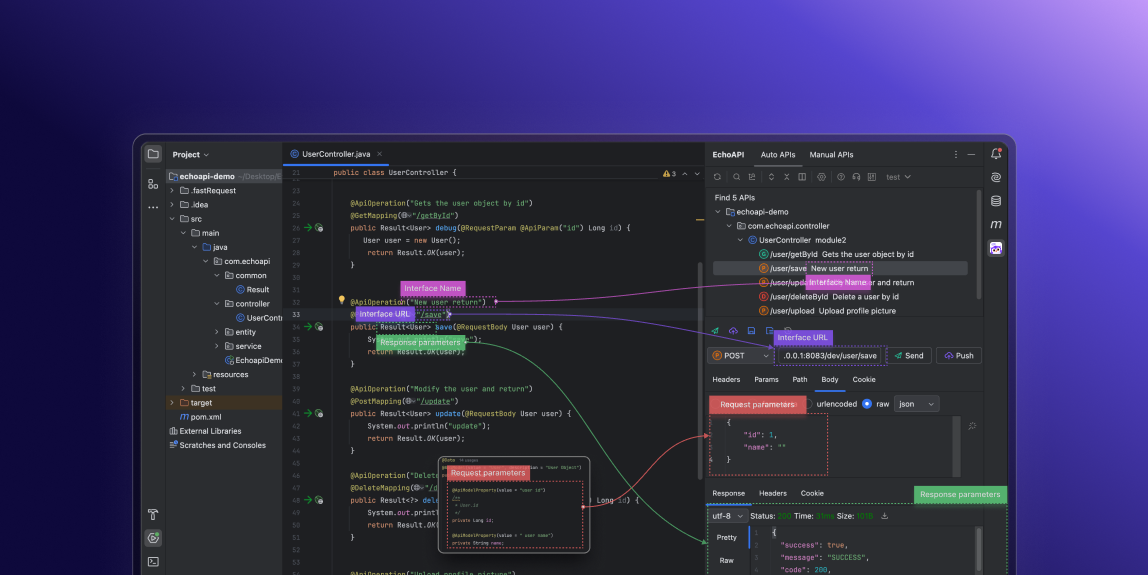
- Auto-Generated Documentation: Automatically creates comprehensive API documents.
- One-Click Debugging: Rapidly test APIs, enhancing efficiency.
- Custom APIs: Customize and debug APIs according to needs.
- Flexible Parameter Parsing: Easily handle diverse data types.
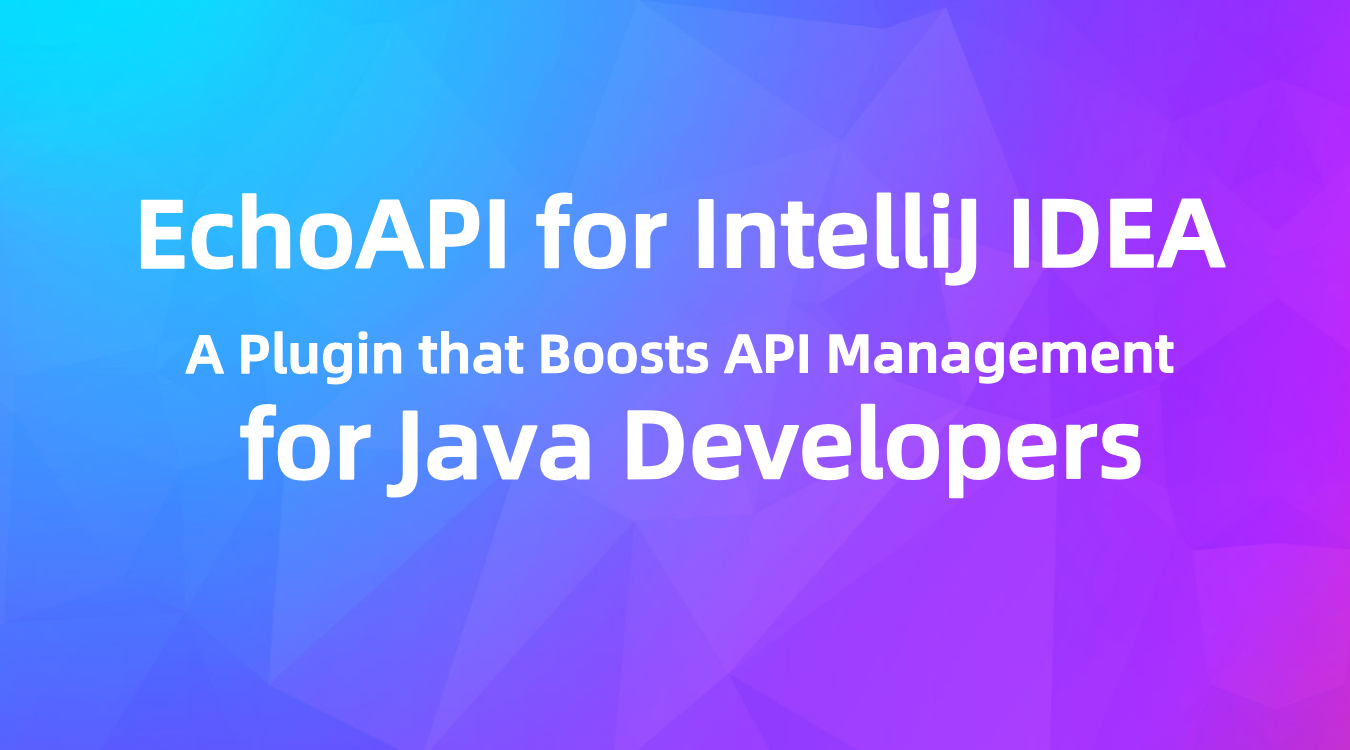
4. EchoAPI Interceptor
- One-Click Capture: Capture web requests with a single click.
- AI Assist: Helps analyze API data with a touch of humor.
- Local Storage and Fun Skins: Ensures secure data storage and enjoyable interface customization.

Conclusion
With its extensive features and supportive plugins, EchoAPI is an ideal choice for developers seeking an effective and flexible tool for managing and building APIs. Developers looking for an alternative that is efficient and straightforward are highly encouraged to try EchoAPI.




 EchoAPI for VS Code
EchoAPI for VS Code

 EchoAPI for IntelliJ IDEA
EchoAPI for IntelliJ IDEA

 EchoAPl-Interceptor
EchoAPl-Interceptor

 EchoAPl CLI
EchoAPl CLI
 EchoAPI Client
EchoAPI Client API Design
API Design
 API Debug
API Debug
 API Documentation
API Documentation
 Mock Server
Mock Server








